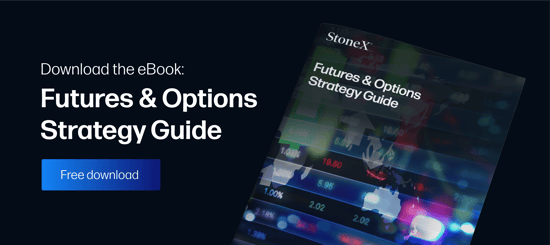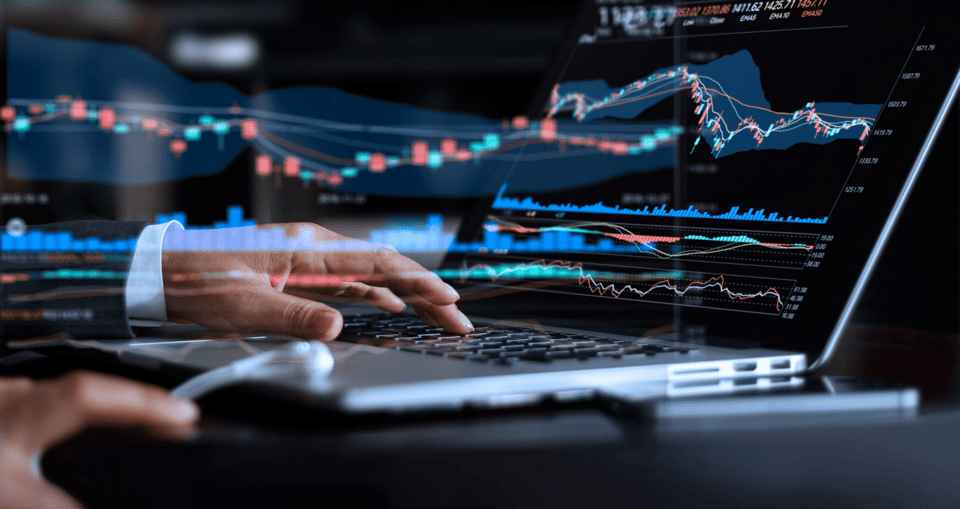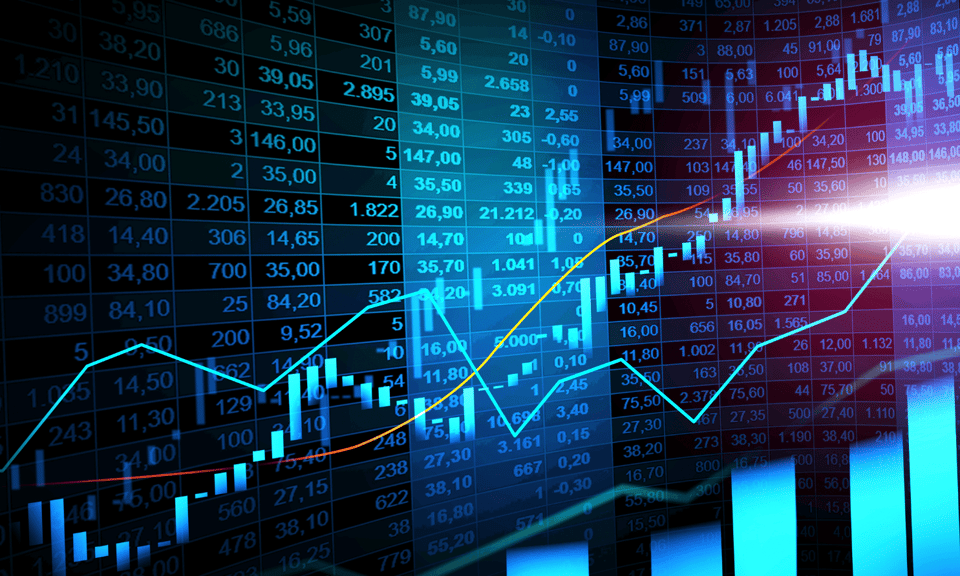The rise of zero-commission stock trading has drawn the interest of retail traders from around the globe. Unfortunately, many of these participants aren’t aware that futures offer a collection of unique advantages that stocks don’t. If you’re currently weighing the pros and cons of the futures market vs. stock market dichotomy, read on for three key benefits of futures trading.
1. Leverage
Because they’re financial derivatives, futures contracts are highly leveraged products traded on margin. This characteristic gives participants a chance to parlay their risk capital into much larger returns. For small to medium-sized retail traders, futures are a viable way of optimizing capital efficiency.
One important facet of the futures market vs. stock market comparison is the margin requirement for each type of market. Margin structures vary wildly depending on market conditions and brokerage outlet. However, there are several basic guidelines for stocks and futures:
- Futures: For trading futures, initial margin requirements are somewhere in the neighborhood of 5-10 percent of the contract’s value. Once again, these figures are approximations, subject to change at the broker’s or exchange’s discretion.
- Stocks: Although margin trading is permitted for stocks, the requirements are extensive. Federal regulations set initial margins at a minimum of 50 percent of a stock’s price. In addition, intraday margin traders must hold an account balance of at least $20,000 to execute more than three intraday trades in a rolling five-session period.
By far, futures offer greater leverage and strategic freedom than stocks.
2. Volatility
In comparison to other markets, futures provide traders with consistently robust volatility. Because futures contracts are forward-looking and feature an expiration date, periodic swings in asset pricing are day-to-day occurrences.
The March 2020 COVID-19 market crash is a prime example of this phenomenon. Although stocks exhibited nearly unprecedented bearish volatility, futures showed even more extreme action:
- During the 2020 COVID-19 crash, the S&P 500 lost 34 percent of its value from late-February record highs to mid-March panic lows.
- During the same period, June 2020 E-mini S&P 500 futures retraced 36 percent.
Although 2 percent may not sound like a tremendous difference, the intraday volatilities of equity index futures regularly eclipsed the indices themselves. If you’re a retail trader examining stock market versus futures market volatility, futures offer superior daily ranges and enhanced price action.
3. Opportunity
For the retail trader, success depends upon being competent in one essential area: identifying opportunities in the live market. Rest assured, there’s no shortage of positive-expectation trades to be had in the futures market. In fact, when compared to stocks, futures afford traders an abundance of distinct opportunities:
- Extended trading hours: Futures are open for trade 23 hours a day, five days a week. Conversely, stocks are largely subject to the NYSE’s 9:30 a.m. EST to 4 p.m. EST session.
- Asset class diversity: Futures traders are free to engage the world’s leading asset classes as they see fit. Commodities, currencies, bonds, and equities indices are all readily accessible. By contrast, stock traders must turn to sectoral equities offerings or exchange-traded funds (ETFs) to broaden their market exposure.
- Strategic flexibility: The ability to profit from buying or selling futures contracts is a key strategic benefit. Stock traders are limited to taking the long side of the market or buying inverse ETFs. Although specialized ETFs do give traders the ability to take short positions across many asset classes, tracking errors and maintenance costs reduce the utility of these products.
For most retail traders, the ability to buy or sell a futures contract at nearly any time is a huge upside. When it comes to making the futures market vs. stock market decision, the opportunities unique to futures are often the pivotal factor.
Futures Market vs. Stock Market Trading: Which Is Best for You?
Selecting an ideal market is not a task to be taken lightly. You must take into account many considerations, including available resources, strategies, and goals. If you’re new to active trading, then it’s imperative to thoroughly evaluate these elements.
To learn whether futures are right for your personal situation, schedule a free conversation with a broker today. With a nearly 100-year track record, the Stonex team has the know-how to help you fully customize your trading experience.



